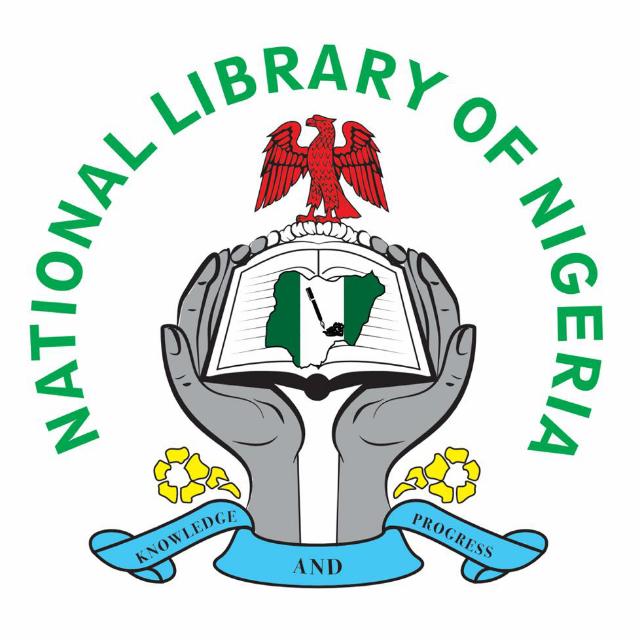Nigeria's restructuring of the country and devolving power to sub-nationals or states is not the solution to all problems. The recent blackouts and power outages have highlighted the need for state governments to step up their game in regulating electricity generation, transmission, and distribution. The 1999 constitution and the new Electricity Act 2023 have allowed states to regulate electricity markets, creating two national and state markets. However, states still struggle with the electricity problem due to lack of political will, lack of qualified human resources, long-term policy implementation, and inconsistencies.States need more investment in technology and network infrastructure for electrification projects and to attract potential investors. Enugu state has taken the lead in enacting its state policy and law, setting up its regulatory body, and is on the verge of issuing its first licenses to private investors. The federal government still has a crucial role in the power sector to drive social and economic development on a national scale. It must create the right ecosystem to spur investment in electricity infrastructure, promote renewable energy sources, and create partnerships with international organizations and investors.
 Index to Nigerian Newspapers
Index to Nigerian Newspapers
